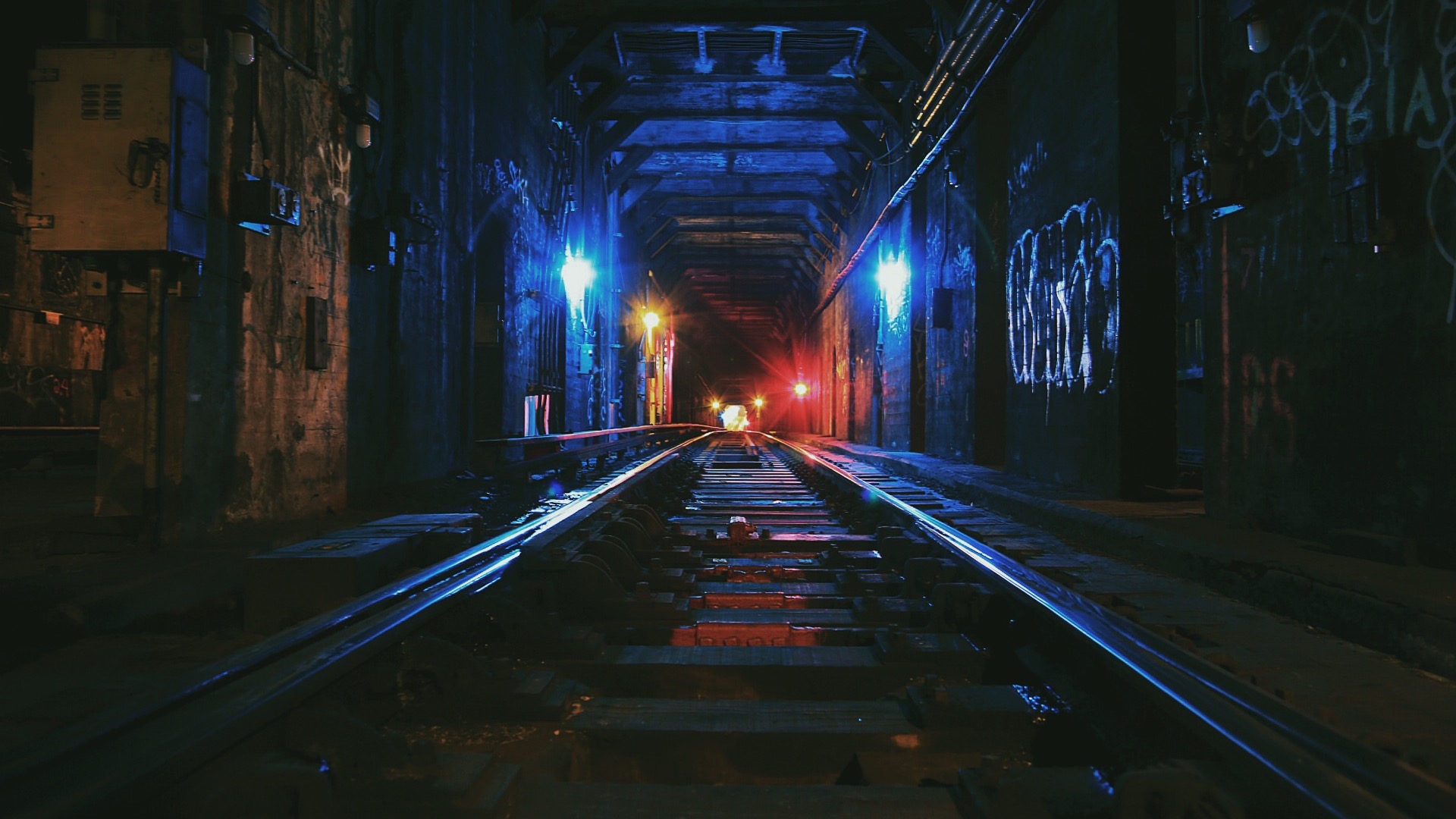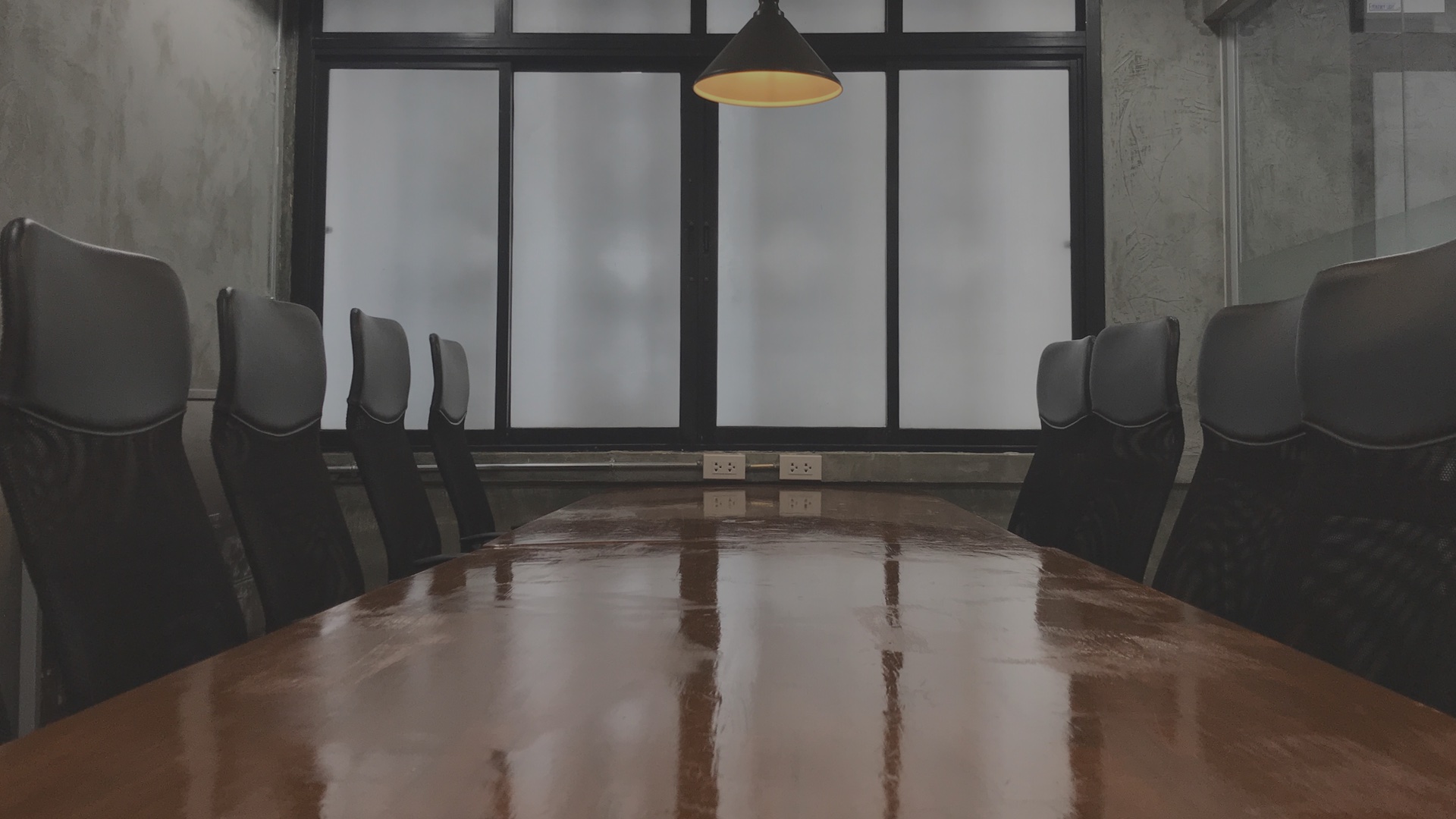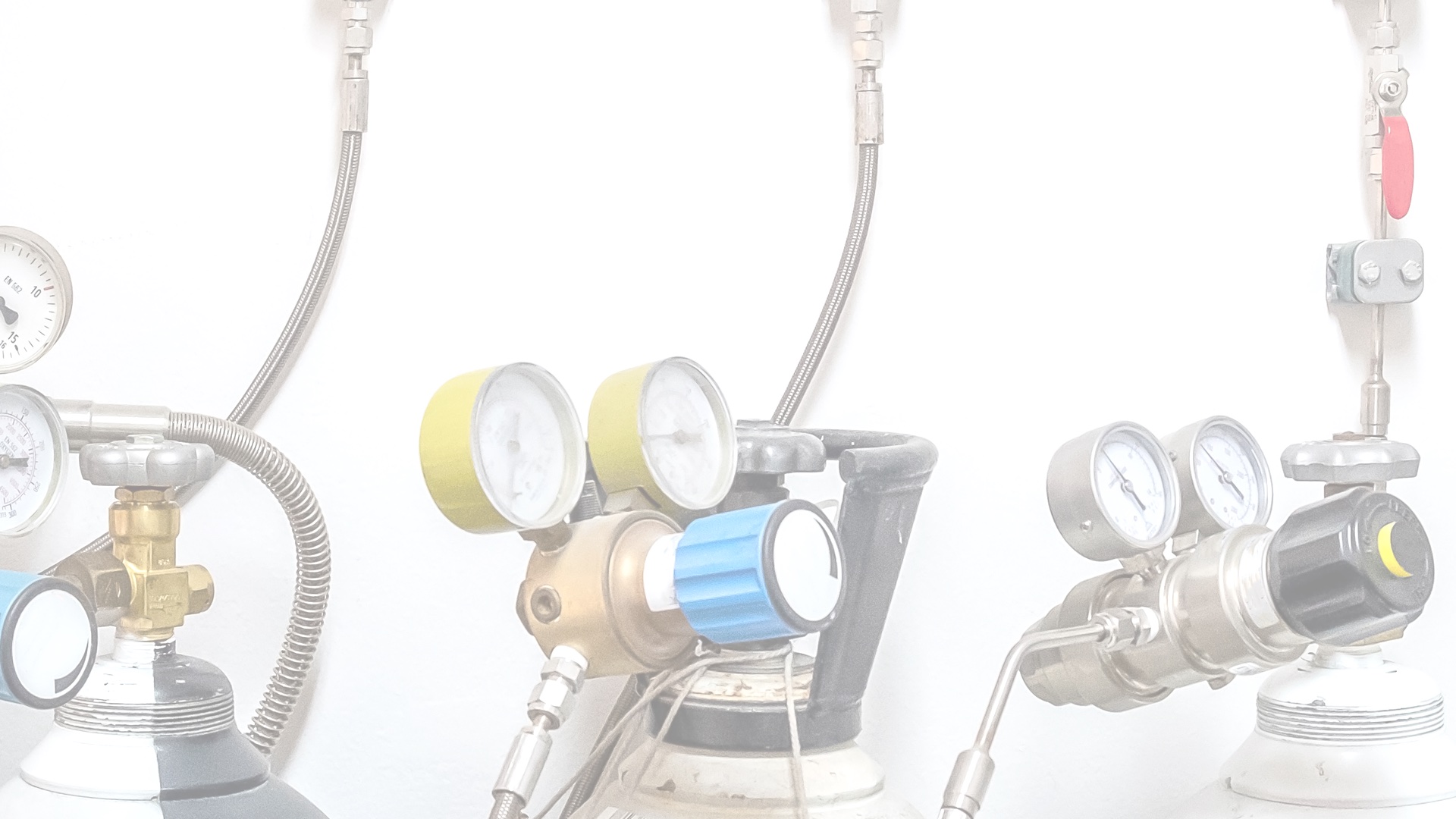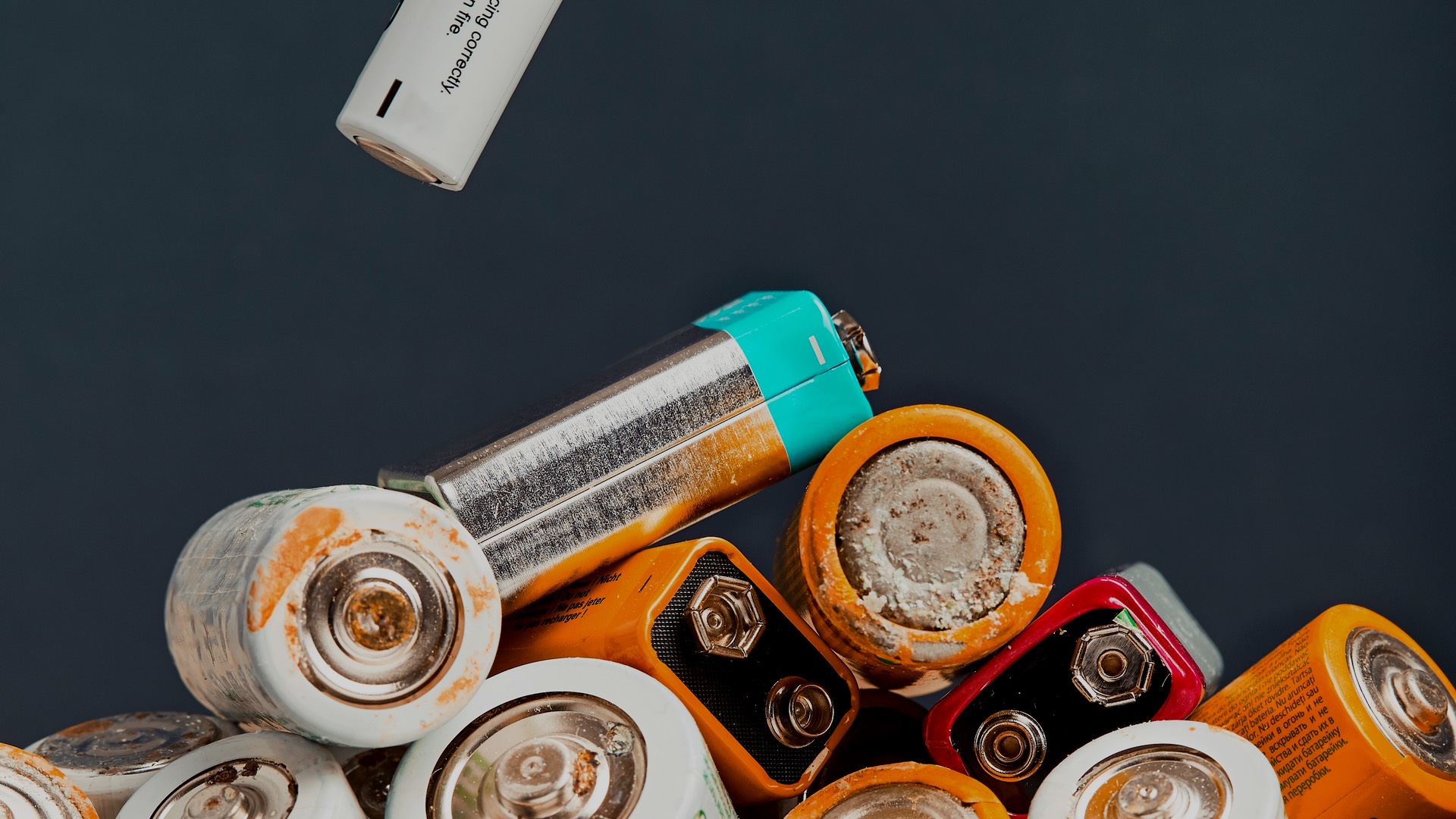In my last video, I talked about systems and how we’ve actually codified into them privilege for some and inaccessibility for others.
So today, I want to talk a bit more about the topic of systems.
For whatever reason, I seem to be hard-wired to see systems — it’s apparently how my brain works.
The Helios team has even been joking that we should probably start some kind of drinking game for every time I say the word “system” in our team meetings — we’re just drinking tea, don’t worry!
But what am I talking about when I use the word “system?”
If we think of organizations as organisms — as a kind of living structure — I think it becomes more clear.
When organizations are formed, eventually, their culture — their operating system — becomes relatively fixed. It can take awhile for the norms and values to become stabilized, but this will happen and it’ll happen pretty organically.
In biological terms it’s like the organization/organism is seeking homeostasis — a place where it knows how to maintain equilibrium, or status quo, and it’s determining what things it will need to self-generate to keep things there.
The way this happens through the lens of framing stories and language.
For example, if a prison has the operating system where the framing language is to “keep people in” we institutionalize all sorts of stories about the people in there as a result — they’re bad, they’re going to try to escape, they’re likely to revolt, etc.
If this is the OS, the organization/organism will essentially assimilate the individual people to work toward this end.
And here’s the crazy part — the system will do this to individuals whether or not the people coming in have that perspective to start or not.
As Deming said: “A bad system beats a good person every time.”
The people inside the organization/organism basically become cells who serve the larger entity.
You’ve probably seen this happen…
It’s almost like an organization takes on “a life of its own.”
Just in the past few years we’ve seen the negative side of this effect happen at companies like Enron, DuPont, Wells Fargo, VW, and Boeing, just to name a few.
People start making choices they might not naturally make, but it’s normalized — it’s homeostasis for the system — so people actually end up feeling like it’s OK to go down a path they typically wouldn’t.
Sometimes we also see a really dark side of this, which is when the “life” of a system feels threatened. But it’s actually part of the natural evolutionary process for that system to be “naturally selected” out.
In other words, it’s time for that system to die — but it doesn’t want to.
If there’s some kind of perceived dire threat to the system, the cells (people) start fighting back.
It’s almost like an immune system, but fighting on behalf of a corrupted entity.
At a meta level, I believe this is what’s happening with most everything that‘s come out of our current federal administration in the last few years.
The homeostasis of their system is deeply threatened, and for good reason
— that outdated, unjust, and non-inclusive way of life is dying,
because it needs to — but the cells in that system are fighting back, trying desperately to cling to the life they once knew.
This constant unrest we feel is actually a byproduct of us subconsciously noticing many outdated systems that are in various stages of decay and death right now.
This is the natural cycle, and there’s something beautiful in it — the darkness always gives way to the light, every single day.
The death of these systems is necessary so something else — something new, something better — can be born.
I promise you that there’s light at the end of this tunnel of death… but we have to go through it to get there.
And the work we do in this particular tunnel is to essentially reinvent every human system on the planet.
This isn’t a small task, but I know that together we humans have the creative resources to pull it off.
I talked about this in my book years ago — almost every system in the world today is somewhere on the spectrum of collapse and rebirth.
Education
Finance
Government
Media
Transportation
Healthcare
The way we think about public safety, law, and criminal justice
The way we think about food & food production
The way we think about national borders
The way we work
The way we think about capitalism itself
We’ve been watching a system-level unraveling play out in various forms for well over a decade already, and probably much longer.
Do you remember when the music industry was imploding because people were sharing mp3s?
Feels like a millennia ago.
So to go back to my very first question… when I say system, I mean these things — these big institutional organisms that take on a life of their own and actually fight for their own survival.
And here’s the craziest thing about these systems.
Many people — perhaps MOST people — don’t see them at all.
Oh, they know they exist, that they’re “out there” somewhere, but they don’t realize something very important about them:
That people just like you and me created the systems.
And more importantly, people just like you and me made the rules that govern them.
All the governance and structure inside these different systems has been completely made up by people no smarter than you or me — and many times, those people just didn’t know things we now understand.
But I’m convinced that the vast majority of our fellow humans don’t actually see systems as fungible things — as structures that were fabricated by humans, and therefore completely changeable.
In fact, I think most people don’t see them at all.
Instead, they simply live their lives at the affect of the systems they choose, oftentimes not even realizing they’re not actually making choices anymore.
I think this is one of the most important things I’ve noticed over the years — it’s that we humans like to think we make choices.
But we actually make FAR fewer choices than we think.
What actually happens is that we choose systems and then they make choices for us.
For example, take education.
If I choose to go to a 4-year university, that choice is probably mine, but after that choice — I’m going to UCLA! — my choice-making grinds to a halt.
Now I have to attend certain classes at certain times of day and I have to keep my grades at a certain level to stay enrolled which means I have to spend time studying and I also have to buy books so I need to get a job…
You see my point? None of those decisions were mine. They were all dictated by the system I chose.
AND — many systems are actually forced upon us, like healthcare.
Depending on where you live in the world, you will have a VERY different experience with very different healthcare systems.
And here’s the really big challenge with all this.
Because most people don’t see the systems, they can’t actually fix the real problems.
Instead, they treat symptoms.
Unless we fix the system, we’re just prolonging the problem.
It’s like having a problem with your computer’s operating system — the screen keeps flickering, let’s say — and so you just keep installing different apps to fix it. Does it work?
No, of course it doesn’t — the problem is in the system — but all that app installing sure does keep you BUSY.
And this is what’s happening out there in most of our outdated systems — a whole lot of app installing. This is why we’re all VERY busy, but nothing ever seems to get better.
For the most part, we are simply treating the near-endless set of problems that the old system created.
We need more upstream solutions that can actually fix the bigger problem, which is the system itself.
I understand these questions are harder — they’re bigger — but they’re the only questions that will provide a way out of the mess we’re in.
There’s an very important role for you and me to play in fixing these systems
And for our kids and grandkids, we NEED to.
So here’s the catch…
If you know what I’ve been talking about — if you see in your mind’s eye the picture I’ve painted about these systems — you can see them, too.
And in my humble opinion, that means you’ve opted in to help.
Humanity NEEDS you to help, in whatever way you can.
Don’t get distracted by the other stuff — there are some big hairy symptoms out there, for sure, and some of it is important, but there are others working on those things!
Not everyone can see what you see.
The world needs YOU to help fix the systems.
How do you get started? I recommend finding the system that makes you the most angry and flip that emotion around to let it become the passionate fuel you’ll need to work on that wicked problem.
Yes, almost every system right now is fractured. But the thing about cracks is they let the light in. Unless something breaks, the light can’t get through.
My suspicion is that if all of us who can see systems decide we’re going to help build new ones, we’ve got a real shot at getting this train moving a little faster so we can get to that light on the other side of the tunnel and experience the beauty of the rebirth that’s coming.
See you next time.








